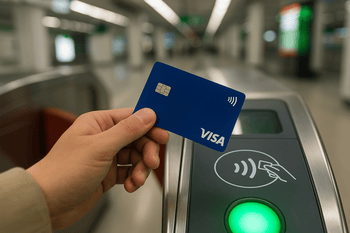
High blood pressure, also known as hypertension, is a common health issue that affects millions of people worldwide.
Left unmanaged, it can lead to serious complications like heart disease, stroke, and kidney problems.
While medication is often prescribed to control blood pressure, many people prefer natural remedies to improve their health.
The good news is that there are effective, science-backed ways to lower blood pressure without relying on medication.
Here are eight natural remedies that work.
1. Adopt a Heart-Healthy Diet
One of the most effective ways to lower blood pressure naturally is by improving your diet.
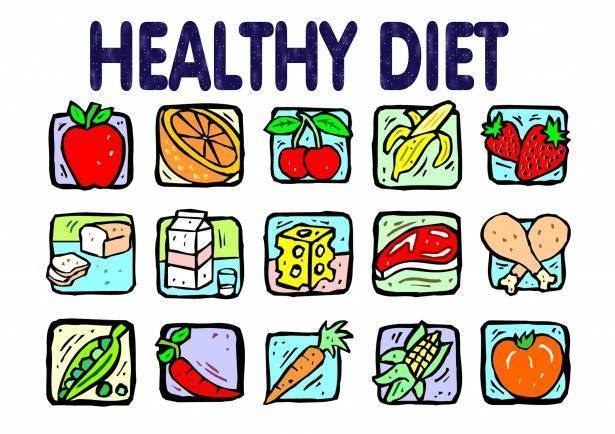
The DASH diet (Dietary Approaches to Stop Hypertension) is particularly beneficial.
It emphasizes:
- Eating plenty of fruits, vegetables, whole grains, and lean proteins.
- Reducing sodium intake to less than 2,300 mg per day (ideally 1,500 mg for optimal results).
- Limiting processed foods, sugary snacks, and saturated fats.
Foods rich in potassium, such as bananas, spinach, and sweet potatoes, can also help balance sodium levels and reduce blood pressure.
Learn more about the DASH diet from the National Heart, Lung, and Blood Institute (NHLBI).
2. Exercise Regularly
Physical activity is a powerful tool for managing blood pressure.
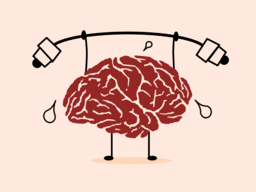
Regular exercise strengthens your heart, allowing it to pump blood more efficiently, which reduces pressure on your arteries.
Aim for at least:
- 150 minutes of moderate-intensity exercise per week, such as brisk walking, cycling, or swimming.
- Alternatively, 75 minutes of vigorous activity, like running or high-intensity interval training (HIIT).
Even small changes, like taking the stairs or walking during breaks, can make a difference.
For more tips, visit the American Heart Association’s guide to physical activity.
3. Manage Stress Levels
Chronic stress can contribute to high blood pressure by triggering the release of hormones that constrict blood vessels.
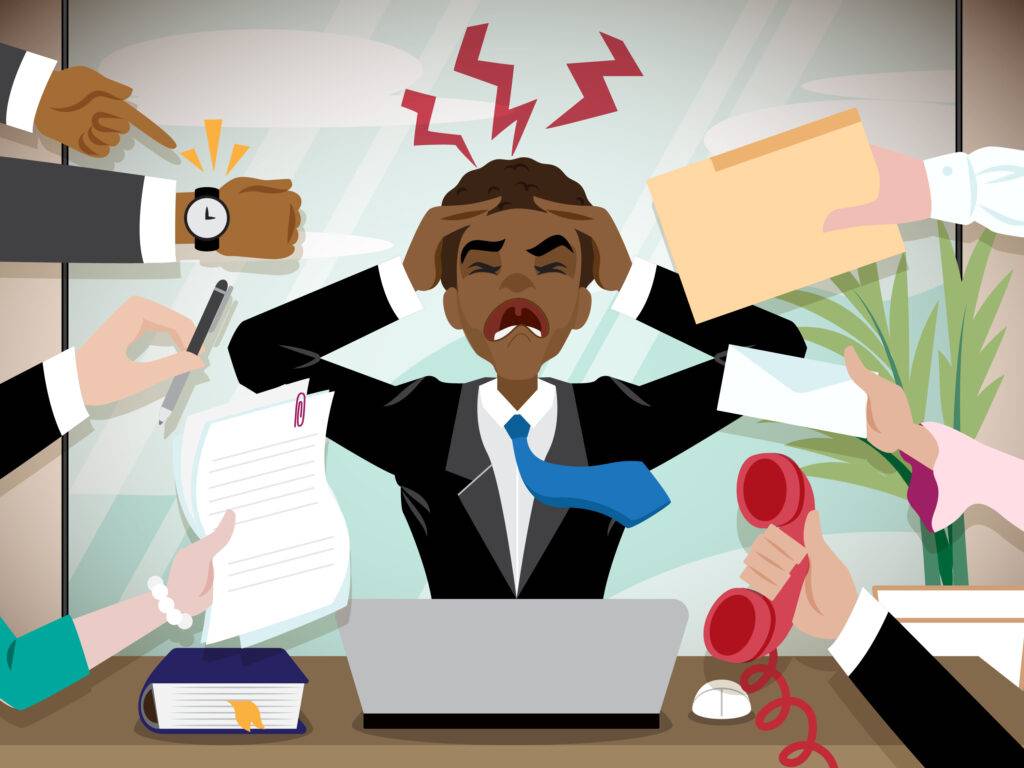
To combat stress:
- Practice relaxation techniques like deep breathing, meditation, or yoga.
- Spend time in nature or engage in hobbies that bring you joy.
- Consider journaling or talking to a therapist to process emotions and reduce mental strain.
Explore stress management techniques from the Mayo Clinic.
4. Maintain a Healthy Weight
Carrying excess weight puts extra strain on your heart and blood vessels, which can elevate blood pressure.
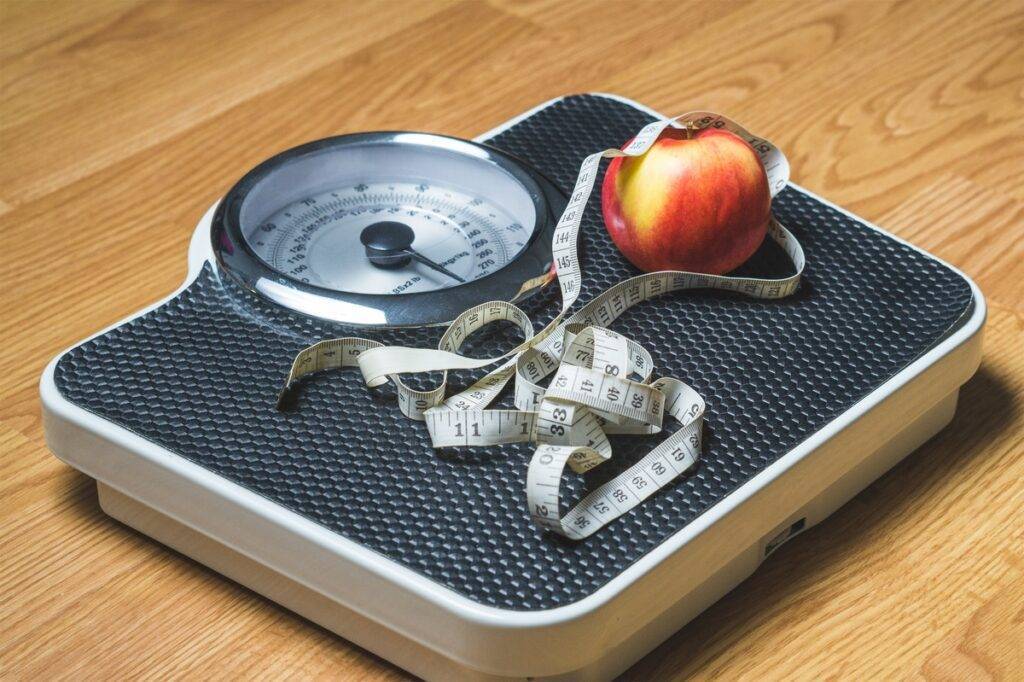
Losing even a small amount of weight can have a significant impact.
Studies show that losing just 5-10% of your body weight can lead to noticeable improvements in blood pressure levels.
Learn more about weight management from the Centers for Disease Control and Prevention (CDC).
5. Limit Alcohol Consumption
While moderate alcohol consumption may have some health benefits, excessive drinking can raise blood pressure.
To keep your levels in check:
- Stick to the recommended guidelines: one drink per day for women and two drinks per day for men.
- Consider alcohol-free days during the week to give your body a break.
For more information, check out the CDC’s guidelines on alcohol consumption.
6. Quit Smoking
Smoking damages blood vessels and raises blood pressure, increasing the risk of heart disease.
Quitting smoking not only improves your blood pressure but also enhances overall cardiovascular health.
If quitting feels overwhelming, seek support through counseling, nicotine replacement therapy, or support groups.
Visit Smokefree.gov for resources to help you quit.
7. Get Enough Sleep
Poor sleep quality or insufficient sleep can negatively affect blood pressure.
Adults should aim for 7-9 hours of quality sleep per night. To improve your sleep:
- Stick to a consistent sleep schedule, even on weekends.
- Create a relaxing bedtime routine, such as reading or taking a warm bath.
- Avoid screens and caffeine close to bedtime.
For more tips on improving sleep, visit the Sleep Foundation.
8. Try Natural Supplements
Certain natural supplements have been shown to help lower blood pressure. Some of the most effective include:
- Omega-3 fatty acids: Found in fish oil, these can reduce inflammation and improve heart health.
- Magnesium: Helps relax blood vessels and regulate blood pressure.
- Coenzyme Q10 (CoQ10): An antioxidant that supports heart function.
- Garlic extract: Known for its ability to lower blood pressure and improve circulation.
Always consult your doctor before starting any new supplements, especially if you’re taking other medications.
For more information, check out this Harvard Health article on supplements for heart health.
Final Thoughts
Lowering blood pressure naturally is possible with consistent lifestyle changes.
By adopting a heart-healthy diet, staying active, managing stress, and making other positive adjustments, you can take control of your health without relying on medication.
However, it’s important to monitor your blood pressure regularly and consult a healthcare professional if your levels remain high.
Combining natural remedies with professional guidance ensures the best results for your long-term well-being.
If you found this article helpful, share it with someone who might benefit from these tips. For more health and wellness advice, subscribe to our blog!


